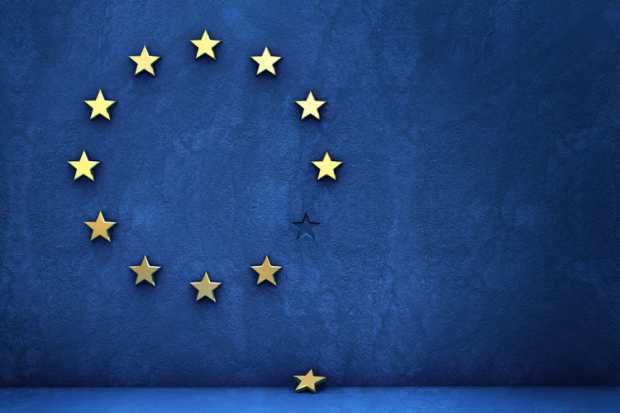Following the Brexit vote on Thursday, it’s hard to know what to write now. And as the fall out from the vote has spread, from the annihilation of the Labour front bench to the calls for Jean-Claude Juncker to resign my response has gone from a sort of ‘keep calm and carry on’ stoicism to head-holding despair.
Every time I started to write this article, further news and opinions were continuing to emerge, and while I always tread the line of impartiality, the confusion has raised the practice of neutrality to the level of an extreme sport.
You don’t have to be anti-Brexiter to look at the stock market and worry, and you don’t have to be pro-Brexit to think we should grasp the nettle now the decision is made. The story now isn’t whether we should stick to the referendum result (and Nicola Sturgeon for one isn’t giving up on the move to veto the Brexit decision): it is about uncertainty.
There is a power vacuum and that is more damaging to our long-term prospects than anything else that the warring sides can cook up. I don’t expect the press who promoted Brexit to provide too much coverage of the negative impact, and I don’t expect much optimism from those who encouraged Bremain. That’s the problem with the press: stability is not in its interest, because instability provides more compelling stories.
Brexit may or may not be good news in the long run for the UK. But worse would be long-term uncertainty. Until (or, indeed, whether) we pull the trigger on Article 50 we are in no position to negotiate with our neighbours. So this decision has to be taken as a matter of urgency.
It does seem remarkable that this level of upheaval should be a direct result of a single vote, which is the basis for the record-breaking petition calling for a second referendum if the winning side gets less than 60 percent of the votes based on a turnout of less than 75 percent. (‘Vote Leave’ won the EU Referendum with 52 percent of the vote, with a 72 percent voter turnout.) In another reversal, for which this entire issue is becoming notorious, the second EU vote petition was created by a Vote Leave campaigner just before the referendum.
How much influence should this petition have on the process? Should it be a more powerful voice than the official poll? How much weight do we give to these extra-curricular voices? In the USA for example, the debate over gun legislation resulted in Democrat politicians staging a sit-in protest in Congress. Does an elected representative’s opinion fail to count if it is merely broadcast on Periscope rather than CNN? And can any of us truly distance ourselves from the emotive issues at stake and take a view on any of these questions about Europe, guns, or whatever, without letting our opinions cloud our judgment?
Brexit has given us a glimpse into the deep rifts within political parties, between generations, classes and UK regions. Far from being a ‘United’ Kingdom, the country now feels more divided than ever.
David Cameron may have stepped down, but he is still de facto leader until his successor is announced. If the intention is to reverse the decision of the referendum, Cameron should get on and do it: leaving it to someone else would be to nudge them into a corner of political suicide. If Cameron is giving up to the Leave camp, he has to get out now.
In or out of the EU will be Cameron’s decision and ultimately his legacy. At the time of writing everything still seems – frighteningly – uncertain. And as a mother currently trying to shore up the confidence of her 10-year-old son – who burst into tears on hearing the referendum result – a speedy resolution can’t come soon enough for me.
This article appears on Nadine Dereza’s website as well as PS Programmes. Nadine is the co-author of the best selling book Insider Secrets of Public Speaking.

